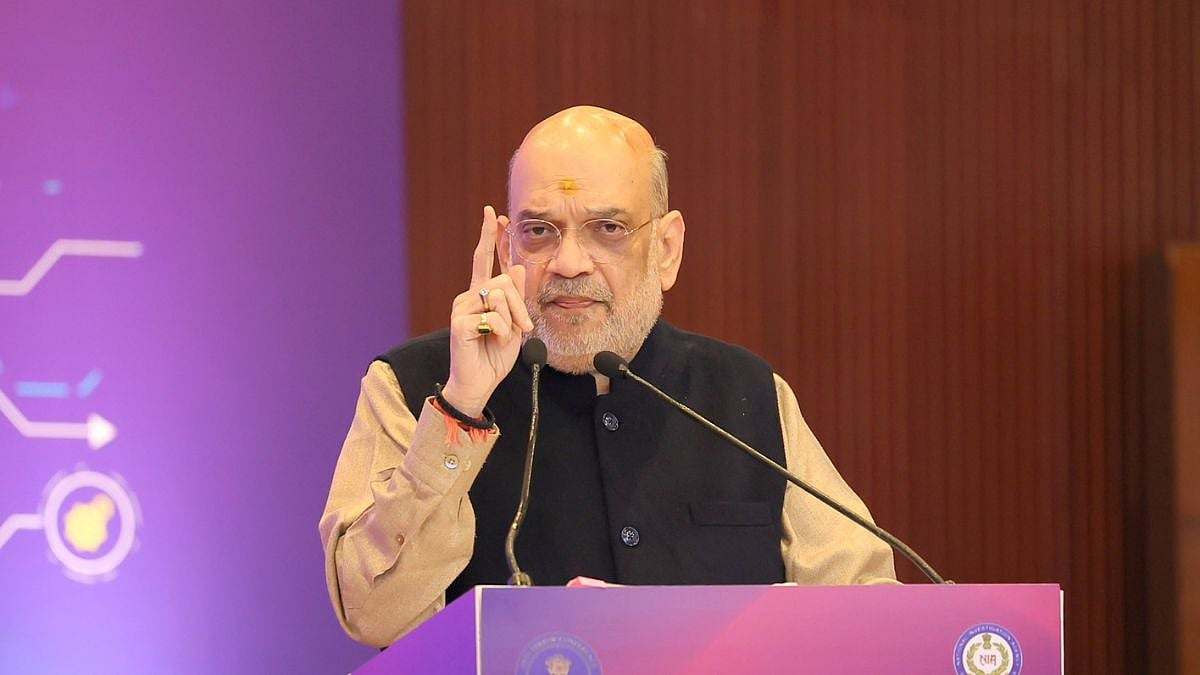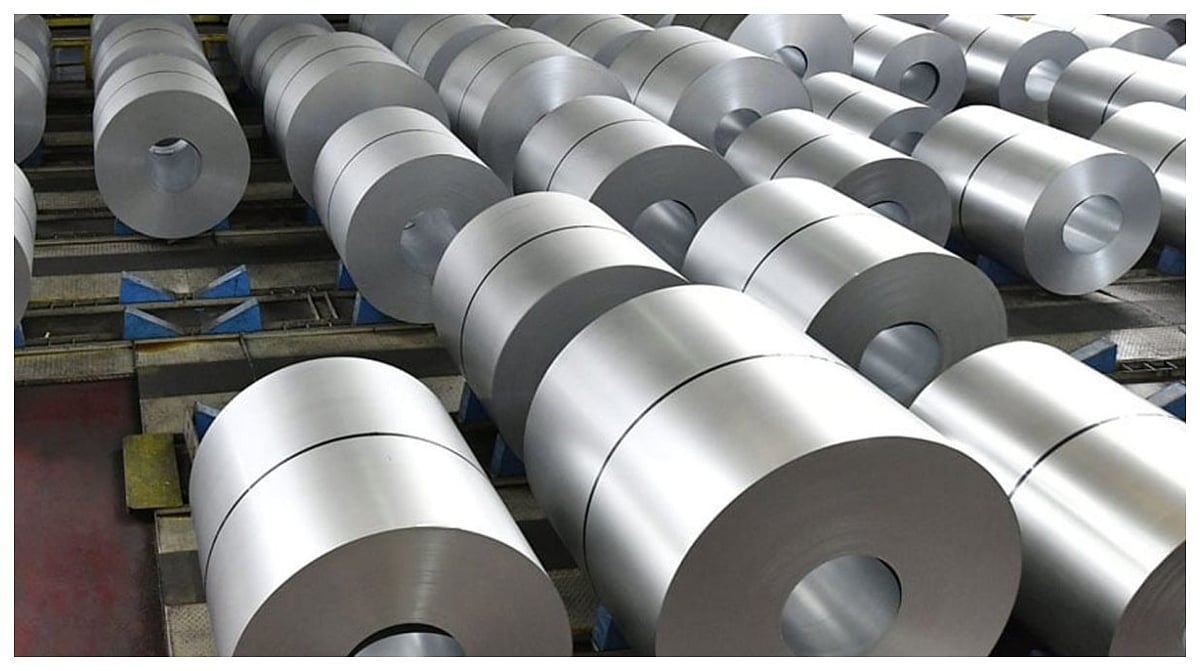Chinese loans have surpassed lending by the World Bank and the International Monetary Fund combined together. It has become the largest global overseas creditor accounting for close to 65 percent of the world's official bilateral debt with outstanding foreign debt estimated to be around $5.6 trillion in 2020.
In a White Paper released in January 2021, China dubbed its lending as "international development cooperation within the framework of south-south cooperation" which it is undertaking as a "responsible member of the global community". But the empirical evidence could be further from the truth.
Fabien Baussart, in a blog post of The Times of Israel said that contrary to China's claims of its lending being a "global public good" laying the foundation of a robust "development cooperation" framework, it has been seen that Chinese loans are predatory and opaque in nature, with terms that are heavily skewed against the borrowing country.
The highly unsustainable levels of debt created by China in the developing world allow it to create economic dependencies and political leverages in these countries, with serious implications for the degree of their sovereignty vis-a-vis Beijing.
Moreover, contrary to common perception, the bulk of Chinese loans (nearly 60 percent) are offered at commercial rather than concessional rates, which is unusual for overseas "development assistance", says Baussart.
China has always maintained that its overseas lending follows a "no-strings-attached" approach and respects other countries' right to select "their own development path" with a focus on "developing countries' control".
The stark differences between the rhetoric and reality of Chinese overseas lending are further revealed in a recent (April 2021) report titled How China Lends: A Rare Look into 100 Debt Contracts with Foreign Governments, reported The Times of Israel.
The study by Germany's Kiel Institute and the Washington-based Centre for Global Development, Aid Data, and Peterson Institute for International Economics, analyses a hundred Chinese loan contracts with 24 developing countries, between 2000 and 2020, and compares it with 142 non-Chinese foreign debt contracts across 28 commercial, bilateral and multilateral creditors.
As per the study, a comparison of Chinese and non-Chinese loan contracts reveals that the former is characterised by extremely stringent terms of lending.
These include strict confidentiality clauses barring borrowers from revealing loan terms and often even the very existence of a loan.
This is not in line with the disclosure standards of the development assistance extended by the Organization for Economic Cooperation and Development (OECD) countries and creates a problem of "hidden debt" in the recipient country resulting in underestimation of actual levels of debt distress. It also leads to a tendency for governments to over-borrow since the public is unaware of the actual debt, says the report.
The study also finds that close to 75 percent of the Chinese debt contracts in the study sample categorically commit to a "No Paris Club" clause exempting the debt from restructuring in the Paris Club of official bilateral creditors. (The Paris Club is a group of major creditor countries with policies for extending coordinated debt relief to developing countries in addition to ensuring sustainable debt levels).
Despite being the largest global overseas lender at present, China has stayed away from joining the Paris Club, thereby precluding it from the responsibility of ensuring either transparency or debt sustainability in the borrowing country, while guaranteeing that repayment of its own loans gets priority over other creditors.
The study also finds that in comparison with other foreign creditors, Chinese lending contracts have more stringent security clauses.
Borrowing countries are compelled to maintain "special bank accounts" in Chinese banks where revenues from the projects financed by China are held as collateral.
Chinese lending contracts also include a cross-default clause that allow the lender to terminate the contract and demand immediate and full repayment if the borrower defaults on any of its other lenders.
They also have a stabilisation clause wherein the creditor can demand immediate repayment or compensation in case of a significant change in the laws of the borrowing country, including labour or environmental policies.
This has the potential to significantly restrict the policy space of the borrowing country and impinge on its sovereignty. It also rings hollow China's claims about being a major proponent of "green development" or an altruistic lender with a focus on "developing countries' control", says Baussart.
Interestingly, Chinese lending contracts, which are ostensibly commercial in nature, also have political clauses which allow the lender to cancel or accelerate a loan repayment if the borrowing country engages in any actions that are perceived to be adverse to the interests of "a People's Republic of China (PRC) entity".
This clearly indicates that Chinese lending terms are designed not just to maximise pure commercial interests, but also to protect the politico-strategic objectives of the Chinese state. Such terms amplify the lender's influence over the debtor's foreign policies and ensure that they always toe the Chinese line, says Baussart.
Moreover, the stark disparity between what China claims defines its overseas development cooperation and the actual nature of such lending, which is predatory and tailored to serve Beijing's strategic, geopolitical and economic interests, is therefore, clearly brought out as above.
Chinese loans are far from having "no strings attached" as is evident from the amalgam of inbuilt clauses including confidentiality, stringent security, need for collateral, little scope for restructuring, cross-default and acceleration of loan repayment if found incompatible with Chinese interests, reported The Times of Israel.
Unlike Paris Club members, China often additionally demands collateralisation of official lending, which means that in the event of default, repayment is secured by ceding some other asset, usually of strategic significance for Beijing. This raises further doubts over the Chinese intent to acquire overseas strategic assets under the garb of lending.
Instances are galore including the Hambantota Port in Sri Lanka; Chinese acquisition of majority control over Laos' national electric grid; Tajikistan having to cede disputed territory to Beijing in lieu of debt forgiveness; Chinese acquisition of strategic islets of the Maldives in the Indian Ocean and of the Solomon Islands in the South Pacific.
China also puts other kinds of political pressure on countries, apart from kickbacks, to win tenders for strategic projects. For instance, in the case of the Jakarta-Bandung High-Speed Rail project, China offered an interest rate of 2 per cent, as against Japan's 0.1 per cent; yet the project was accorded the former.
Contrary to China's claims in its White Paper on Development Cooperation that its lending is a "global public good", clauses like maintenance of confidentiality actually increase the public debt burden of the borrowing country since there is no government accountability of debt incurred.
A good example of China's double standards, wherein it calls for confidentiality while claiming altruism, is the case of COVID-19 vaccines. Despite China harping over how it has made vaccines a "global public good", recent reports (May 31) revealed how Beijing is asking countries (Nepal, Bangladesh, Sri Lanka) to sign non-disclosure agreements about the prices of vaccines before making them available.
Since China is not a member of the Paris Club, it does not have any obligations vis-a-vis debt sustainability in borrowing countries. In 2018, close to fifty countries owed more than 15 per cent of their GDP to China; eight countries in particular, were assessed to be at particularly high risk of default vis-a-vis Beijing, with some of them owing close to 45 per cent of their GDP to China.
Countries should be even more wary of depending predominantly on Chinese "development assistance", given China's recent embrace of "wolf warrior" diplomacy and more frequent and unabashed use of economic warfare against countries that do not toe its line (eg: Beijing's recent spate of trade tariffs against Australia).
The other worrying aspect of China's overseas lending is the fact that loans are more often than not also accompanied by Chinese labour, material and an insistence on use of Chinese currency in the borrowing countries.
This has caused a lot of local resentment and protests against Chinese projects in many countries including in Bangladesh, Sri Lanka, Pakistan, Myanmar, apart from several African and South East Asian countries.
A recent (April 2021) report by US-based China Labour Watch also revealed the highly problematic terms on which Chinese workers in overseas BRI projects are employed, including low pay, no medical benefits, and in some cases forced labour, with the workers' passports being confiscated by subcontractors of Chinese state-owned enterprises (SoEs). This really leads one to question who indeed the actual beneficiaries of Xi's BRI are! says Baussart.









